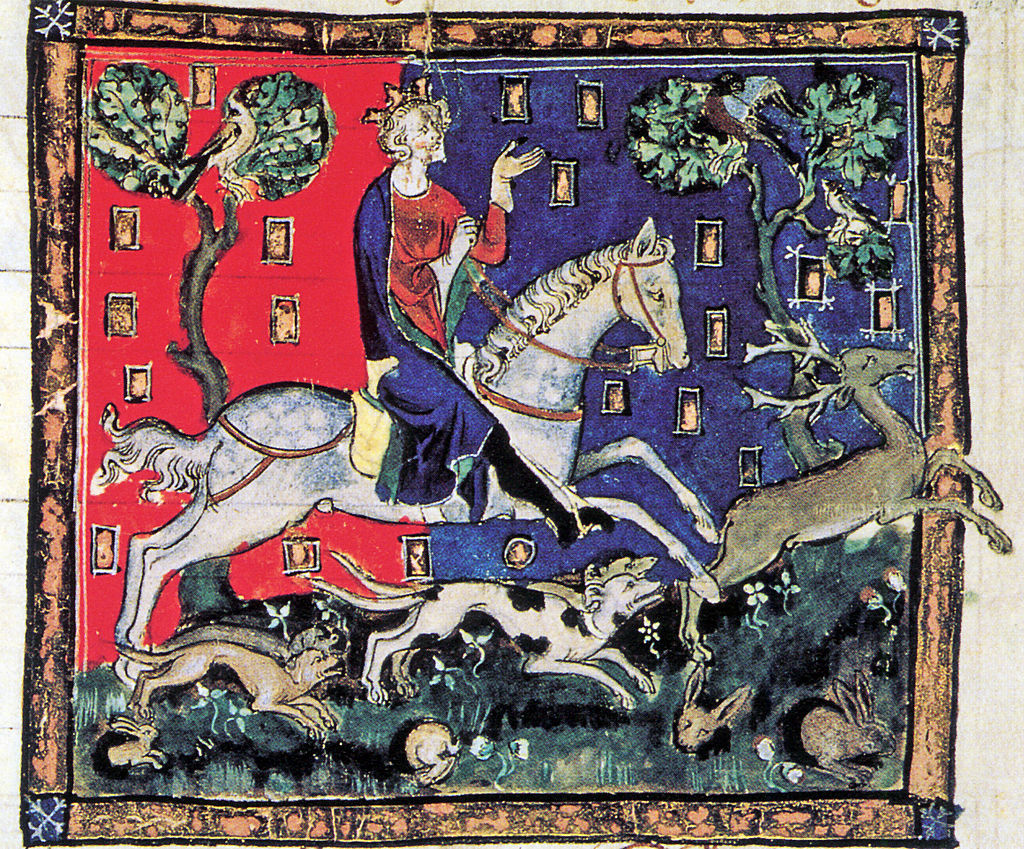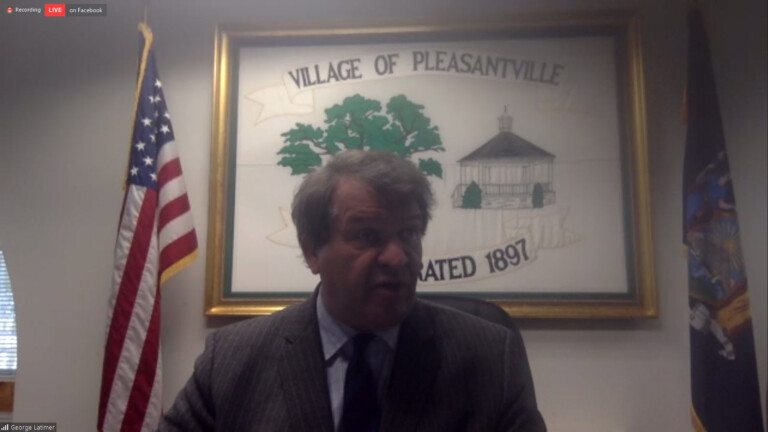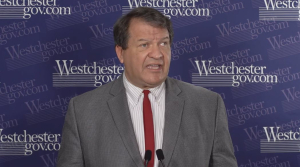Holding Court: Individual Rights v. State Control

Holding Court is a series by retired Rye City Court Judge Joe Latwin. Latwin retired from the court in December 2022 after thirteen years of service to the City.
What topics do you want addressed by Judge Latwin? Tell us.
By Joe Latwin
Individual rights v. state control. This tension has persisted for a millennium.
A thousand years ago, England was ruled by King John, the third son of Henry II and Eleanor of Aquitaine of A Lion in Winter Fame. (Played by Peter O’Toole and Katherine Hepburn). John and his predecessors ruled using the principle of vis et voluntas, or “force and will”, taking executive and sometimes arbitrary decisions and actions, justified on the basis that a king was not only above the law, but was the law itself – that Kings ruled by the divine rights of kings. The King was the State and was unconstrained.
Like most relationships, excesses and money issues caused strife. There was no limit to the financial obligations of the nobility to the King. The king had unlimited power over the nobility and the nobility had no limit on the powers of justice that they held over their own subjects. The nobility came to understand the weakness of its position vis-a-vis the King made worse by tax increases resulting from the costs of the Crusades, the ransom of Richard the Lionhearted, and the war with France. The nobility began to exhibit unrest. Some refused to cross the English Channel to fight for the King unless he first promised them “their rights.” After the loss of Normandy, King John was forced to rely on English resources alone, and he needed better revenue collection to pay for wars and his royal household.
King John realized that he would have to meet the nobility’s general demands. It was plain that the nobility’s frame of mind was not to negotiate, but to fight for limits on the King’s powers. With the aid of the Archbishop of Canterbury, and discussions held at Runnymede, an agreement was reached on June 15, 1215. The final negotiated version of the Magna Carta was accepted by the king and the nobility four days later. It was a compromise containing important clauses designed to bring about reforms limiting the King’s powers.
Magna Carta called for the nobles to choose representatives to ensure the preservation of the rights and liberties that had been enumerated in the charter. King John would die within a year, but the basis of a limited monarchy had been established. Later Kings would reissue Magna Carta. Courts in every shire (our counties) were to be held annually. Limits were placed on royal lands. Rights were granted to the nobility. Inheritance rights were granted. A right of habeas corpus was initiated. The right to petition the government was established.
Magna Carta is the foundational expression of the concept of due process. It laid the basic rights embodied in the Constitution of the United States of America, the Bill of Rights and the Fifth and Fourteenth Amendments. It established the concept of Constitutional limits on State power.
From this devolution of rights and powers would flow the rebalancing of the power of kings, the ascension of elected representative bodies, recognition of individual rights, and the drive for self-government. In each of these cases, the power of the State was reduced and limited by creating more power in the individual. One day we may reach the ideals stated by Madison when he said “If men were angels, no government would be necessary. If angels were to govern men, neither external nor internal controls on government would be necessary.” That is why dogs have no government.







